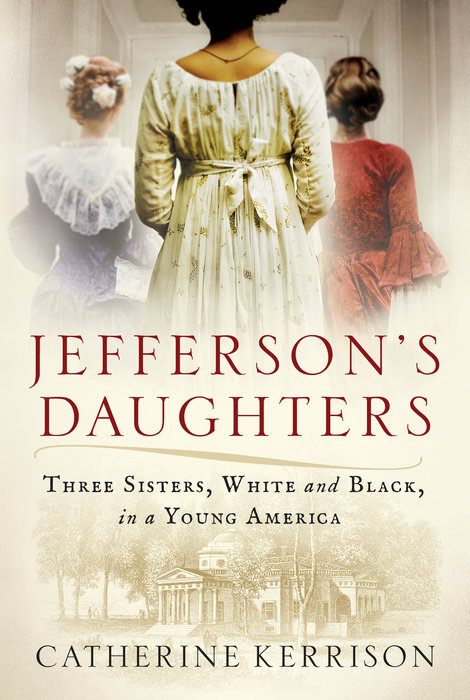We Have Not Stopped Trembling Yet: Letters to My Filipino-Athabascan FamilyPosted in Asian Diaspora, Books, History, Identity Development/Psychology, Media Archive, Monographs, Native Americans/First Nation, Social Justice, United States on 2018-03-05 01:37Z by Steven |
We Have Not Stopped Trembling Yet: Letters to My Filipino-Athabascan Family
State University of New York Press
February 2018
200 pages
Paperback ISBN13: 978-1-4384-6952-2
E. J. R. David, Associate Professor of Psychology
University of Alaska, Anchorage
A father’s personal and intimate account of his Filipino and Alaska Native family’s experiences, and his search for how to help his children overcome the effects of historical and contemporary oppression.
In a series of letters to his mixed-race Koyukon Athabascan family, E. J. R. David shares his struggles, insecurities, and anxieties as a Filipino American immigrant man, husband, and father living in the lands dominated by his family’s colonizer. The result is We Have Not Stopped Trembling Yet, a deeply personal and heartfelt exploration of the intersections and widespread social, psychological, and health implications of colonialism, immigration, racism, sexism, intergenerational trauma, and internalized oppression. Weaving together his lived realities, his family’s experiences, and empirical data, David reflects on a difficult journey, touching upon the importance of developing critical and painful consciousness, as well as the need for connectedness, strength, freedom, and love, in our personal and collective efforts to heal from the injuries of historical and contemporary oppression. The persecution of two marginalized communities is brought to the forefront in this book. Their histories underscore and reveal how historical and contemporary oppression has very real and tangible impacts on Peoples across time and generations.









